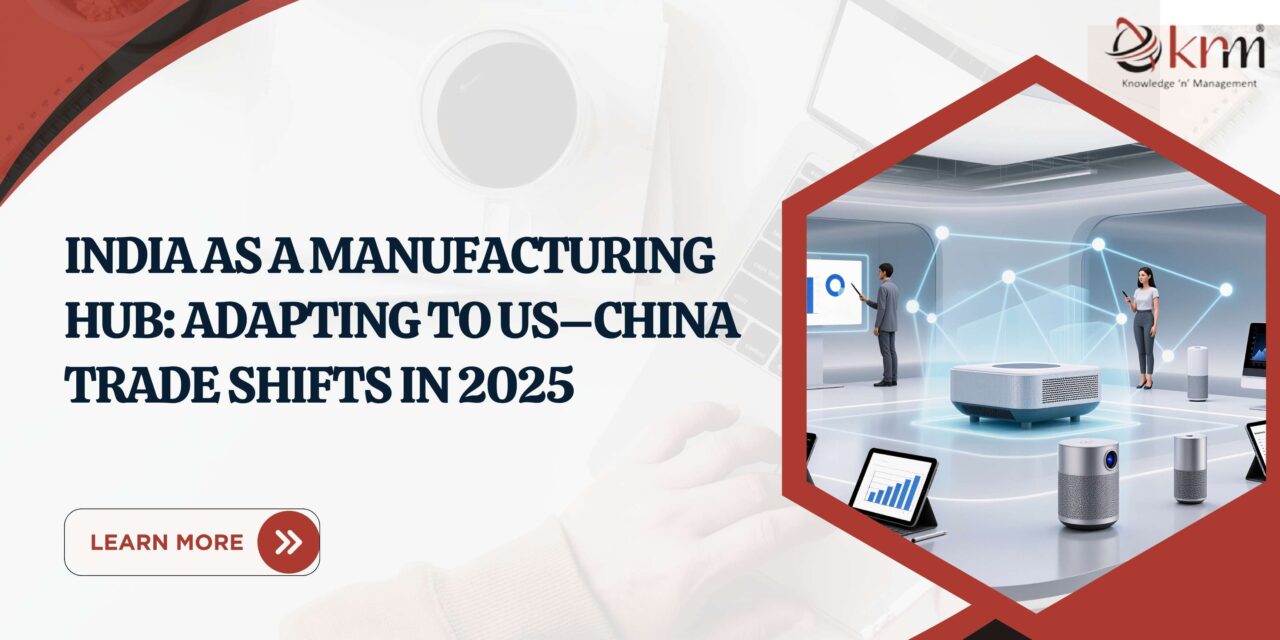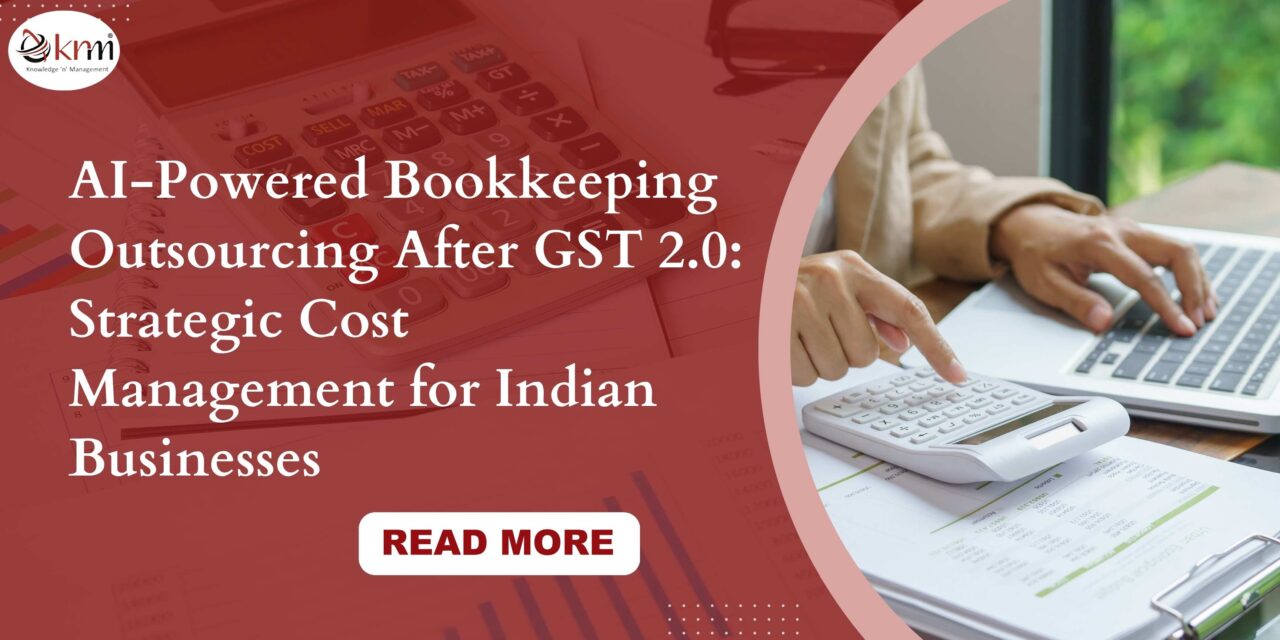2025Data Process OutsourcingDigital Compliance 2025: Navigating India’s Evolving Regulatory Tech and Privacy
India’s business ecosystem is entering a new digital era — one where compliance is no longer a manual checklist but an integrated, tech-driven system. As global companies explore setting up business in India, understanding this evolving digital compliance landscape is now a strategic necessity rather than a procedural step. From data protection to cybersecurity and...











